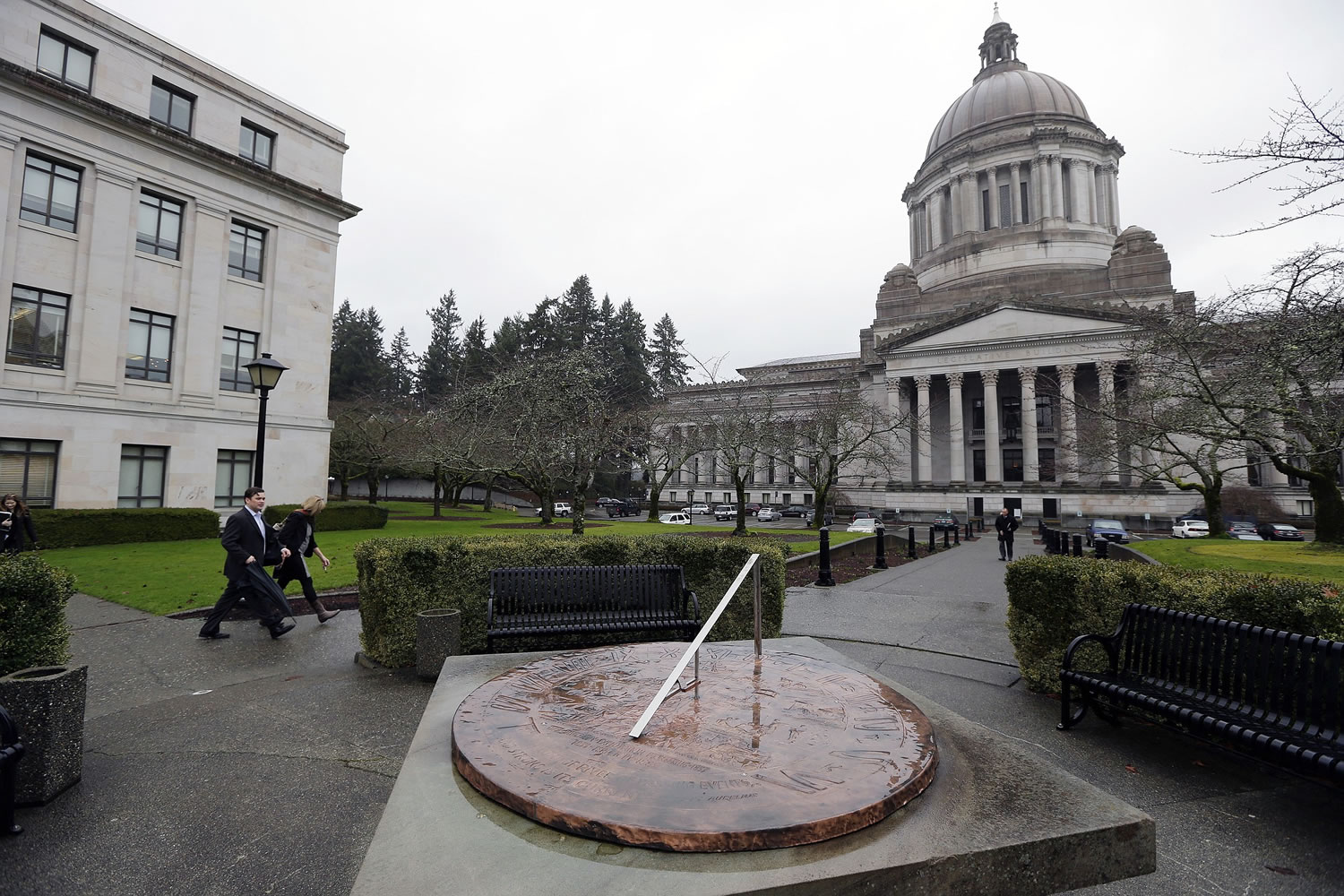OLYMPIA — Understanding how the state’s public records and open meeting laws work is no longer an option for elected local officials in Washington.
It’s a requirement.
Under a new law, winners in this year’s elections must undergo training on the two statutes that are the bedrock of Washington’s open government regulations within 90 days of assuming their duties.
The law, which took effect July 1, covers members of city and county councils, school boards, fire commissions and special districts as well as statewide elected officials, including Gov. Jay Inslee. It also applies to appointees to local and statewide office.
State lawmakers — the majority of whom approved the law earlier this year — are exempt. So are judges.
And incumbents at all levels of government are not required to take the training until after their next election “but we strongly recommend” they do it sooner, said Nancy Krier, the assistant attorney general who handles open government issues.
There are different ways to fulfill the task and many in public service are taking advantage now.
The Office of the Attorney General offers an online training course with lessons on principles behind open government and laws dealing with managing, disclosing and retaining of public records.
There are also separate videos on the public records and open meeting laws featuring Attorney General Bob Ferguson and Krier. Watching them, which takes less than an hour, is enough to satisfy the intent of the law she said.
“It’s not a burden and it’s free,” Krier said.
Others are attending workshops on open meetings and public records state Auditor Troy Kelley is hosting around the state.
A session Wednesday in Everett for 100 office holders, city attorneys, and employees of cities and special districts from several counties was the fourth of seven such forums planned around the state.
“Everybody’s familiar with our job of auditing folks and trying to find fault,” said Thomas Shapley, spokesman for the auditor. “Another part of the job is helping governments become accountable and in the long run earn more public trust.”
Impetus for the new law came partly in response to a 2012 report of the State Auditor’s Office that identified 250 incidents involving violations of varying proportion of Washington’s Public Records Act and Open Meetings Law.
Some were one-time or infrequent occurrences such as inadequately recording and maintaining public meeting minutes. There were more significant instances too, including board and council members discussing business and reaching consensus through email rather than in an open meeting.
Problems with public record disclosures have emerged as a major concern of local governments in recent years. Lawsuits stemming from failure to disclose records, or to do so in a timely manner, resulted in significant fines against some entities.
The state Supreme Court has held that when deciding penalties for violations of the public records laws, courts can consider whether employees of an agency received training.
Lawmakers hoped by requiring training, it will improve how records are dealt with and reduce the potential for small errors resulting in big fines.
Complying with the new law is pretty much on the honor system as the law doesn’t create a database for keeping track of training statewide.
It is up to each governing board and Krier encourages them to create certificates they can hand out for each person when they complete training. A sample of a certificate is available on the attorney general’s website, she said.



